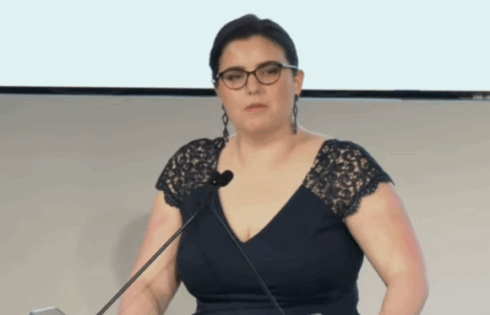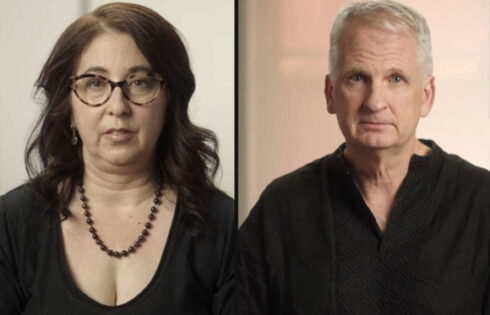 The debate about Vanderbilt’s involvement with the Abu Dhabi campus raged on Tuesday in a heated forum between students and administration.
The debate about Vanderbilt’s involvement with the Abu Dhabi campus raged on Tuesday in a heated forum between students and administration.
The forum was held to address challenges and concerns regarding the university’s negotiations with the government of Abu Dhabi to establish a school of education in the emirate.
Peabody Associate Dean of Research Craig Kennedy, Patricia and Rodes Hart Professor of Education Policy and Leadership Ellen Goldring, and Provost Richard McCarty answered questions from students for over two hours.
Theodore Samets, co-founder of Students Against Vanderbilt in the Emirates (SAVE) questioned the credibility of free education in the United Arab Emirates.
“It just seems counterintuitive to me that the crowned prince of the UAE, when considering opening up an education campus in Abu Dhabi, wanted to educate a generation of people whose sole purpose would be to topple him.”
“Why? Because you know the prince so well? Then you know one of his close relatives is a Peabody alum,” McCarty responded.
McCarty cited the Crowned Prince Mohammed bin Zayed bin Sultan Al Nahyan’s visit to the White House today as further evidence of credibility. “I respect the decision of the President to consider him an ally,” McCarty said.
“Perhaps oil is a powerful inducement,” moderator Benjamin Eagles, a senior and former president of Vanderbilt Students of Nonviolence retorted.
On several occasions, Eagles struggled to bring the forum back to order. Professor David Weintraub, Chair Elect of the Faculty Senate, admonished the crowd to listen to each other, criticizing students who seemed more concerned with expressing their opinion than in actually hearing the answers to their questions.
Both sides of the debate were represented and eager to have their voices heard.
“When I go back home, I am proud of my Vanderbilt degree, because I know that it will equip me to be able to do something meaningful,” senior and Saudi Arabian citizen Fares Alzahrani said. “But not every citizen in the Middle East can come to Vandy. Having a campus there would be a powerful role in empowering students.”
Kennedy agreed.
“This campus would be an integral step in educating women. It can be hard for us to relate sometime, but when you educate women, you are changing a male oriented society,” Kennedy said.
Other students worried about the potential for the education campus to be used in ways that did not correspond with Peabody’s tradition of progressive education.
In response to one panelist’s assertion that the United Arab Emirates had assured Vanderbilt academic freedom, senior David Pasch worried that this was less then sincere. “I wonder how Bin Ghaith feels about that from his jail cell.”
Bin Ghaith is a professor in the Emirates who was arrested for criticizing the government earlier this month.
When asked why Vanderbilt needed to open up a campus overseas, and why Emirati students couldn’t just come to Vanderbilt, Goldring said that it was impractical.
“Education is applied work, not just theoretical. To have Emirati students do an internship in Nashville wouldn’t prepare them for professionally to teach effectively in the UAE,” Goldring said.
Kennedy and Goldring tried to convey the necessity of producing strong future teachers in the Emirates, but for many, the reality of research-based best practices weren’t enough.
“It’s nothing but hubris to think that Vanderbilt can go into the Middle East and enact radical change,” Samets said. “We are not the only university that has tried.”
McCarty stipulated that the event not be videotaped.
“Given the way some of these issues have been framed, I unfortunately do not have confidence in the ways video can be edited to provide an accurate portrayal,” McCarty said.
Grace Aviles is a staff writer for the Vanderbilt Hustler and a contributor to the Student Free Press Association.
Like The College Fix on Facebook / Follow us on Twitter





Please join the conversation about our stories on Facebook, Twitter, Instagram, Reddit, MeWe, Rumble, Gab, Minds and Gettr.